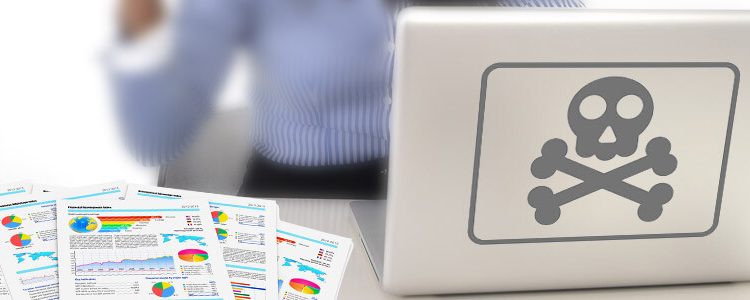Academic Piracy: Revolution or Robbery?

Academic publishers are largely responsible for the production of textbooks and journals. Typically, these publishers make money by selling subscriptions to their journals and selling the textbooks. This has largely meant that the majority of academic research exists behind a paywall despite the fact that the authors of the academic research derive no monetary benefit from this model. This is due to the fact that most academic journals require authors to hand over the copyright of their articles to the journals. It is undeniable that it takes money to prepare an academic article for publication, undertake marketing of the academic journal, and ensure the permanence of the article in the academic record, among other things. However, there are many researchers who are not able to access the research in these journals due to the journals being accessible only through a paid subscription. One of the arguments for open access is the fact that the paywall can keep scientists from the information they need to be most effective. Access to scientific literature can help researchers design better experiments and keep them from spending time and money on investigations which have already been published. While incremental progress has been made on this front, the majority of journal articles still remain behind the paywall. One consequence of this has been the rise in academic piracy.
The Rise of Piracy
A recent article states that some see piracy as unethical while others see it as a justified act of civil disobedience. The concept of intellectual property has been closely linked to piracy from the beginning. The notion of copyright—granting authors’ moral and legal ownership of their words—was born to combat piracy. However, these notions have been evolving since they were first created in Europe following the invention of the printing press. In this digital era, creating a limitless number of perfect copies of an original work is relatively cheap and easy to do, enabling an exponential increase in media piracy. Historically, piracy has driven innovation and the spread of knowledge. One example would be American publishers ignoring British copyright after their independence which encouraged the transfer of knowledge between different social groups. As the forms of piracy have become more prevalent, the act of piracy has become increasingly criminalized.
Sci-Hub is one example of an academic piracy website, operating a kind of guerilla open access. Sci-Hub and similar websites are useful because they remove the barrier of the paywall. These sites receive heavy traffic from developing nations, particularly those which are not part of global initiatives to make research freely available in countries that cannot afford journal subscription fees. Some researchers whose institutions have journal subscriptions may still prefer the ease of use of Sci-Hub over the journal’s websites. The source of an article will matter little to researchers since digital piracy means there is no difference between the paper sourced from an academic journal and the same paper downloaded from an academic piracy website.
The Cost of Piracy
While guerilla open access solves some of the more pressing problems faced by the academic community, it is ultimately not a sustainable model. Though it provides access to digital media that was priced out of the reach of researchers, it creates new problems. The publishing community invests in ensuring that academic research is permanently preserved. While pirate websites make academic research widely available under a guerilla open access policy, these websites are not necessarily equipped to handle archiving in perpetuity. If the academic publishing structures were to be dissolved immediately and we all relied solely on pirate sites, the inability to find academic research because it could not be permanently preserved would prove detrimental. Academic publishers are, therefore, required if we are to continue to produce new academic works. Again, if we relied solely on piracy, how would new research be peer reviewed and released? A complete reliance on preprint servers may not be something that the majority of researchers are comfortable with.
The act of publishing is a costly process, due in part to the need to create a supporting editorial infrastructure and in part to maintain and update an extensive digital archive. It has been argued that since the methods used by Sci-Hub to defeat the security system of research institutions around the world remain unknown, these methods could be used to acquire access to other sensitive materials housed at these institutions. Academic piracy can be seen as a security threat as well as a threat to the publishing industry with which academia is closely associated.
The Open Access Solution
The existence of pirate websites indicates that there is a need to access academic research but not all users can afford to buy this access. The cost to access individual articles is often prohibitive and independent of article length or type. Also, under US law, copyright on published articles expire 95 years after publication, meaning that these articles take an extraordinary length of time to enter the public domain.
The problem lies in part with the current subscription-led business model. Switching to an open access model would make the data freely available and eliminate the need for piracy. It has been estimated that the current subscription model costs US$10 billion annually while switching to an open access model would cost about US$200 million annually. To be clear, the attempts to end academic piracy will probably prove futile as digital technology makes the reproduction of these works both easy and cheap. Piracy is a cry for information; open access is one way to answer that cry without destabilizing the publishing industry.









